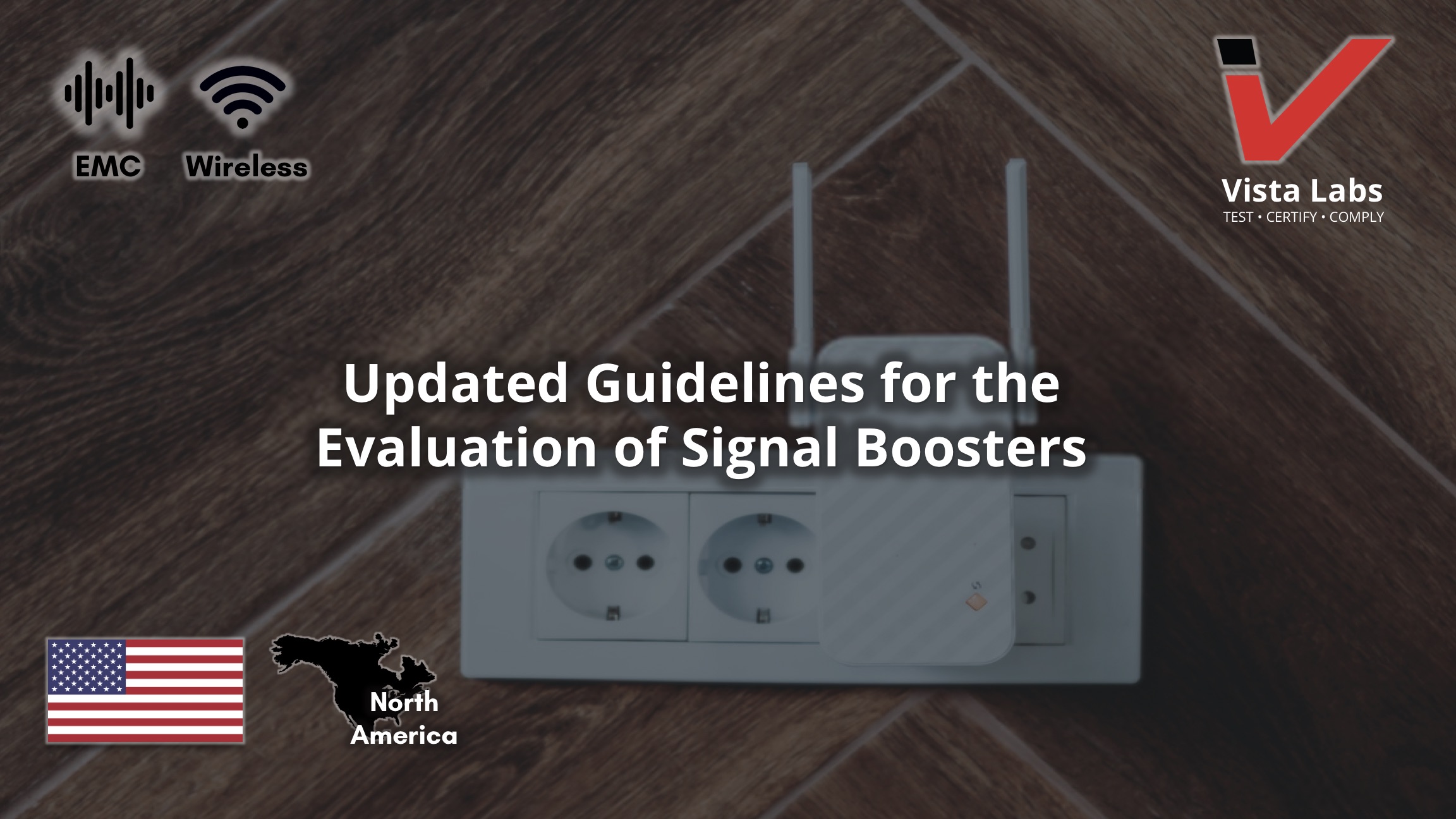The Federal Communications Commission (FCC) of the United States updates guidance for the requirements necessary to minimize interference from consumer signal boosters to wireless networks.
The update pertains to a clarification on the frequencies of operation of the authorized frequency band verification test.
As per requirement of frequency bands for signal boosters, consumer signal boosters must be designed and manufactured such that they only operate on the frequencies used for the provision of subscriber-based services under parts 22 (Cellular), 24 (Broadband PCS), 27 (AWS-1, 700 MHz Lower A-E Blocks, and 700 MHz Upper C Block), and 90 (Specialized Mobile Radio).
The authorized frequency band verification test is intended to confirm that the signal booster only operates on the CMRS frequency bands authorized for use by the NPS.
In other words, the signal booster shall reject amplification of other signals outside of its passband.
Additionally, this test will identify the frequency at which the maximum gain is realized within each CMRS operational band, which then serves as a basis for subsequent tests.
The full guidance on the technical and operational requirements of wideband consumer signal booster and compliance measurements can be found here.
The FCC will not certificate any consumer signal boosters for operation on part 90 (Specialized Mobile Radio) frequencies until a public notice announcing the date consumer signal boosters may be used in the band is released.



